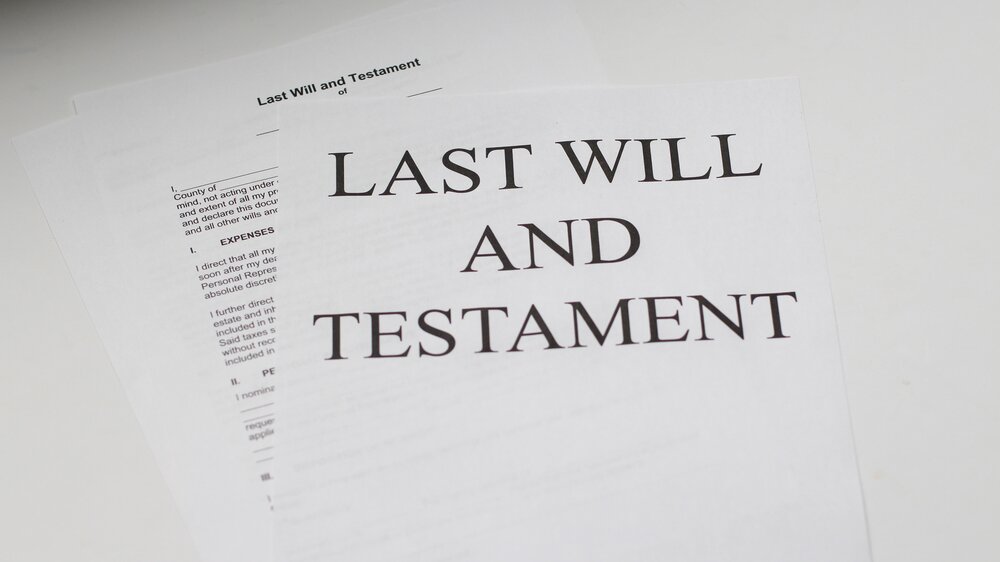Are you worried if your former spouses or former domestic partners may be entitled to your estate if you pass away shortly after separation?
There are several ways that former spouses and domestic partners might be entitled to a share in your estate once you are deceased – either by Will, on an intestacy (where there is no valid Will), or if said spouse/partner brings a claim for provision. The definition of ‘spouse’ is simple to understand however, the definition of ‘domestic partner’ is slightly more complex.
‘Domestic partner’ is defined as the registered or unregistered domestic partner of the deceased. A ‘registered domestic partner’ is a person, at the time of death, was in a registered domestic relationship with the deceased within the meaning of the Relationships Act 2008. An ‘unregistered domestic partner’ is a person who was living with the deceased at the time of death as a couple on a genuine basis and either had lived with the deceased continuously for at least 2 years immediately before the deceased’s death or had a child with the deceased.
If there is no valid Will, the laws of intestacy will apply. There is a greater provision for spouses and domestic partners of the deceased in preference to children of the deceased. This is where the definition of ‘domestic partner’ becomes relevant. There is much more to discuss on this issue, but for now, we will have to leave it for a separate blog.
We have discussed on the topic of Binding Financial Agreement in our previous articles. You and your former partner or spouse can enter into a Binding Financial Agreement upon reaching a resolution to encumber the terms of agreement of your property settlement. In the Financial Agreement, you can include clauses that you and your former partner or spouse both release your rights to apply for a family law provision claim, in the event of death. It is important to note that these provisions are not necessarily legally enforceable, and is subject to the approval of the Supreme Court of Victoria – which means, a family provision application may still be available even if there is a Financial Agreement between the applicant and the deceased. Be that as it may, in the event of death, these ‘release’ clause in the Financial Agreement would still act as a record of the parties’ intentions.
We therefore recommend that you update your Will at separation, and that you specifically include a clause in your Will stating your intention not to bequeath any share of your estate to your former spouse or partner.
If a marriage has not been formally dissolved by divorce, the spouse retains their rights under an intestacy, even though they have been estranged and separated for some time and or they have re-partnered. However, the fact of the estrangement may weaken any defence against a family provision claim.
In assessing quantum of a claim, the court will consider the various factors set out in under s. 91A(2) of the Administration and Probate Act 1958. In short, the Court may consider the relationship between the deceased and claimant, the competing obligations, the size and nature of the estate, the financial needs and resources of the claimant and beneficiaries, health factors relating to the claimant and beneficiaries, the claimant’s age, financial and non-financial contributions, previous benefits received by the claimant and beneficiaries, whether the claimant was dependent on the deceased, liability of others to maintain the claimant, character and conduct of the claimant or any other person, and any other relevant matter.
This article is to leave you with a few reminders – not only should you draw up a new Will upon marriage, but also upon separation from your former spouse or domestic partner. In a marital situation, once you have separated, you are advised to formalise your divorce as soon as you have finalised your property settlement (if applicable) bearing in mind that you only have 12 months to file for property proceedings from the date of your divorce becoming final.

